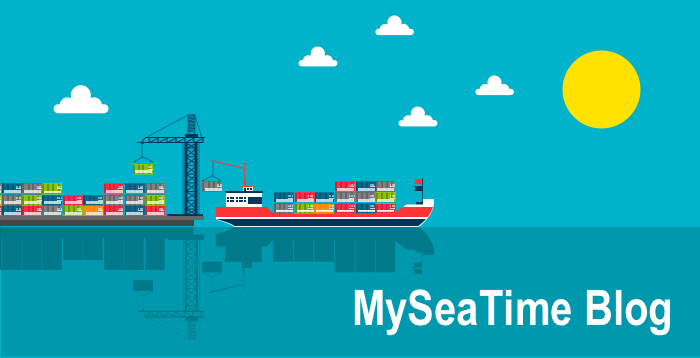Who own the sea ?
Few decades back there was no answer to this question. But the ever developing shipping industry and increase in business through ships demanded an answer to this question.
Fast forward today. UNCLOS is the answer to this question.
UNCLOS stands for United Nations convention for the law of seas. In layman's language UNCLOS defines who owns what part of the sea.
As per UNCLOS, the sea is divided into 4 parts
- Territorial waters
- Contiguous Zone
- Exclusive Economic Zone (EEZ)
- Continetal Shelf

Territorial waters extends upto 12 Nautical miles from the base line. This part of the sea is owned by the country. They have all the rights in this area as they would on the land.
Contiguous zone extends upto 12 Nautical miles from the Territorial waters (24 NM from the baseline).
In the Contiguous zone, the countries rights are limited to
- Customs
- Taxation
- Immigration and
- Pollution
This means that a country has the right in these areas to prevent activities related to these four matters.
EEZ is extended upto 200 Nautical Miles from the baseline. In the EEZ, the country has only one right. That is "Exploitation of Natural resources".
Which means that even though the country do not own this part of the sea, each country owns the natural resources upto EEZ.
The perfect example of this is Gulf of Mexico which lies in the EEZ zone of US. If you have been to this area, you would see lot of rigs extracting oil & other natural resources.
Right of Innocent Passage
Another aspect of UNCLOS is "right of innocent passage".
Part II, Section 3 of the UNCLOS is for rules (articles) on "right of innocent passage. As per Article 17 of UNCLOS, all ships have the right of innocent passage through the Territorial waters of a country.
UNCLOS article 19 defines "innocent passage". If a ship during its transit through the territorial waters is engaged in any of the following activities, it will not be a "innocent passage".
- any threat or use of force against the sovereignty, territorial integrity or political independence of the coastal State, or in any other manner in violation of the principles of international law embodied in the Charter of the United Nations;
- any exercise or practice with weapons of any kind;
- any act aimed at collecting information to the prejudice of the defence or security of the coastal State;
- any act of propaganda aimed at affecting the defence or security of the coastal State;
- the launching, landing or taking on board of any aircraft;
- the launching, landing or taking on board of any military device;
- the loading or unloading of any commodity, currency or person contrary to the customs, fiscal, immigration or sanitary laws and regulations of the coastal State;
- any act of wilful and serious pollution contrary to this Convention;
- any fishing activities;
- the carrying out of research or survey activities;
- any act aimed at interfering with any systems of communication or any other facilities or installations of the coastal State;
- any other activity not having a direct bearing on passage.





